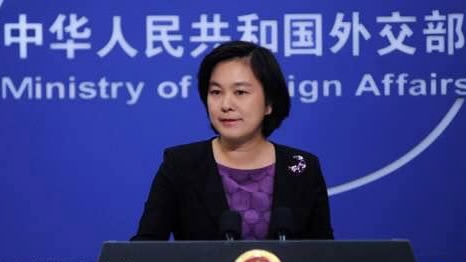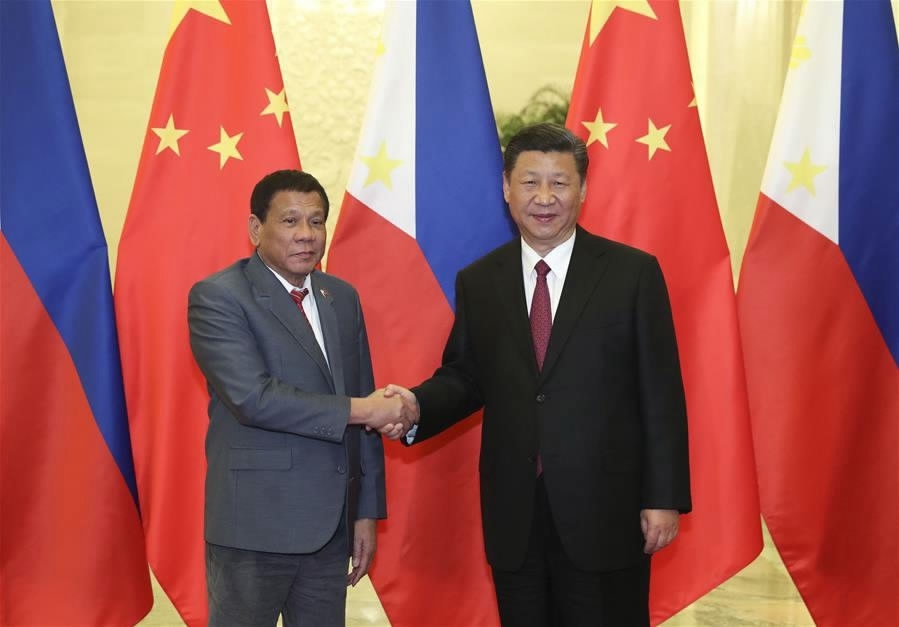China and the Philippines will start bilateral consultations on the disputed South China Sea on Friday, China's Foreign Ministry announced Tuesday.
Chinese Vice Foreign Minister Liu Zhenmin and Philippine Ambassador to China Jose Santiago Santa Romana will lead their respective countries' delegations in the first meeting, which will be held in Guiyang city, in southwest China, foreign ministry spokeswoman Hua Chunying told a daily briefing in Beijing.

Hua Chunying /MOFA Photo
"The main purpose of holding the China-Philippines conference on the South China Sea issue is to implement the consensus reached by both countries' leaders in October last year. China and the Philippines will establish a dialogue mechanism and platform on the issue," said Hua.
China hopes that bilateral dialogue will lead to cohesive consensus and promote pragmatic cooperation to finally resolve this dispute. The aim is to create a healthy atmosphere for the development of bilateral relations, she added.
Ties between the two countries have been strained for years and came to a head in 2013 when then-Philippine President Benigno Aquino III took China to an ad-hoc tribunal court challenging Beijing’s sovereign claims over islands and reefs in the South China Sea.
A ruling released in July 2016 came out in favor of the Philippines. But China dismissed it as a “political farce” and reiterated its determination to settle territorial disputes through negotiations and dialogue with the parties directly concerned.

Chinese President Xi Jinping (R) meets with Philippine President Rodrigo Duterte, who is for the Belt and Road Forum for International Cooperation, at the Great Hall of the People in Beijing, May 15, 2017. /Xinhua Photo
Soon after winning elections in May last year, new Philippine President Rodrigo Duterte looked to cool down tensions with China, and he visited Beijing in October.
During the Belt and Road Forum this week in the Chinese capital, Chinese President Xi Jinping met again with Duterte and the two leaders agreed to maintain close contact, expand cooperation and promote cultural and people-to-people exchanges. They also witnessed the signing of a series of cooperation documents on economy, technology, infrastructure, human resources, energy and the press.
3km
Related stories:










